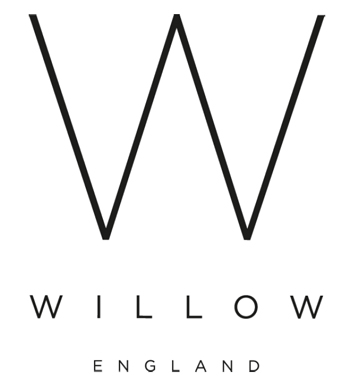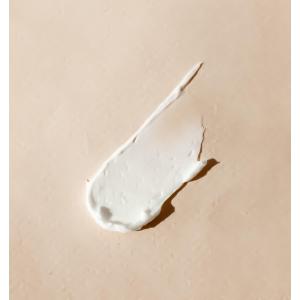21 July 2022
298 view(s)
It’s nearing the end of July and at Willow Beauty Products, we have been thinking about what sort of impact Plastic Free July has had. As an organic, sustainable skincare brand we are always thinking of new ways to make sure our products are not harmful to wildlife or our environment.
What is Plastic Free July?
Plastic Free July was started back in 2011 by Rebecca Prince-Ruiz and a few people from the local Western Australian Government. This started off as a small project but has now caught the attention of millions of people around the world. In 2017 they became an independent not-for-profit charity called Plastic Free Foundation Ltd.*
Why should we go plastic-free?
There are many reasons why we should go plastic free, one is to reduce the harmful impact on our marine animals. Many of us have traded our plastic carrier bags to Bags for Life and our plastic straws to paper, but what are the other types of plastics impacting our oceans and everyday life?
Microplastics are the most difficult plastic to get rid of in our oceans and beaches. This is because of their size. Microplastics are plastics that are less than 5 millimetres long and are easy for marine microorganisms to absorb. When microorganisms absorb these microplastics, it affects how they grow, reproduce and capture carbon. Half of the world’s oxygen is produced by the ocean with the help of microorganisms like plankton, when these organisms are damaged, this could cause a massive affect on our oceans oxygen.
Additionally, it is not just ocean life that plastic is impacting. Plastics may also be affecting our health. Recent studies suggest that we consume microplastics every day. Something simple like microwaving a meal in a plastic container can cause chemicals and microplastics to be absorbed into our food. These can lead to serious health conditions like infertility and hormone related cancers.
How we can work together to reduce plastic consumption?
Luckily, there are still plenty of things we can do to reduce our plastic consumption. Many people call this a “plastic diet” where they severely reduce the of the plastic they use in their everyday lives.
Swapping household items from single use plastics to reusable natural products could help us cut down our use of plastics. Single use plastics like clingfilm help us keep our food covered so it lasts longer in the fridge. This helps reduce food waste, but we can swap our clingfilm for beeswax wraps that are reusable and can also be used to wrap sandwiches.
Additionally, making sure anything we recycle at home is easy for the recycling centres to sort through. Items will usually tell on their labelling how to recycle them effectively - this could be making sure it rinsed out, not crumpled, and removing parts off that cant be recycled.
How is Willow trying to reduce plastic consumption?
At Willow we are very aware of our role and that companies should be making it easier for their customers to avoid using plastics. As an organic certified, natural skincare company we like to create non-toxic beauty products that are safe to use on our skin and for our environment. To help with our clean beauty promise we have been thinking of new ways we can reduce the use of plastics used for Willows products.
Currently at Willow we only use packaging that can be recycled or is biodegradable, this includes glass, paper, cardboard, and the plastics we use are PETG, ABS, PMMA, PP & PE. All of which can be recycled. However, we would still like to reduce the use of these.
Recently we brought out our the Rose, Argan & Seaweed Vegan Face Soap, it is the first time we have produced a bar form face wash. Using products made into bar helps reduce the need for plastic containers as they can be packaged in cardboard.
Furthermore, in the future we are looking to swap our plastic tubes for aluminium ones. Aluminium is an amazing alternative to plastic, as it is easy to recycle and 75% of aluminium from the whole of history is still in use to this day.
*Information from PlasticFreeJuly.org
Written by marketing staff member Tegan

